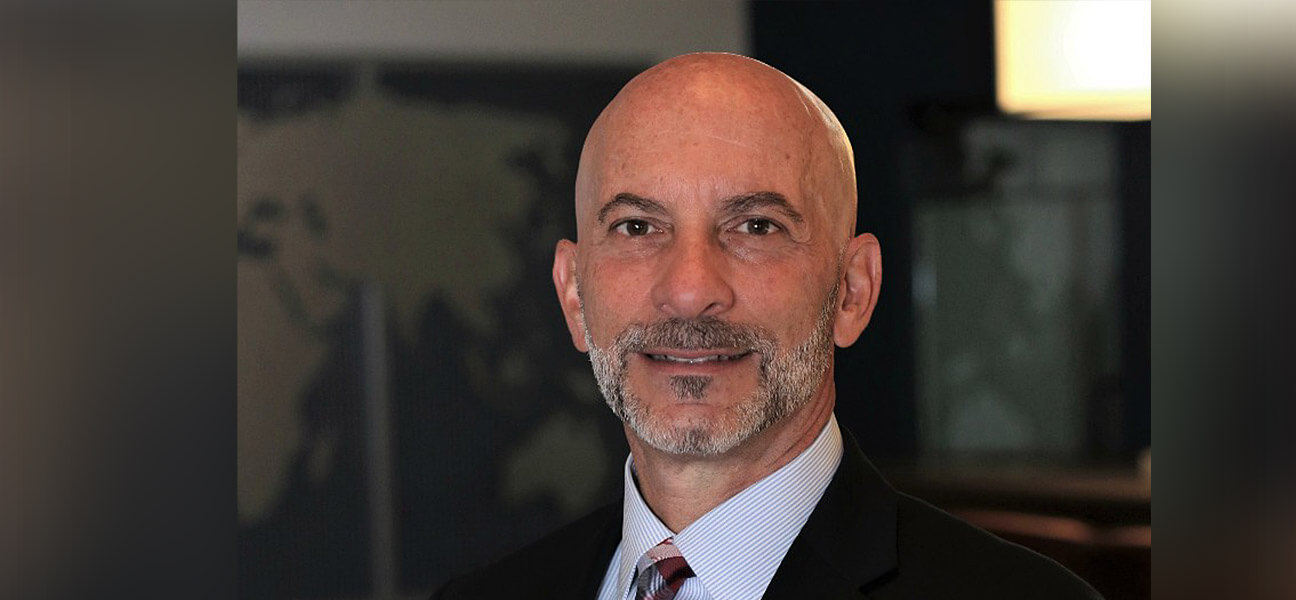By Ron Pohl
It’s an exciting time to be in the hotel business. Travel is stronger than ever, with consumers gravitating more towards unique experiences, destinations and adventures. While many consumers are brand- and rewards program-loyalists, we are finding more are seeking a unique hotel experience and destination. As such, hospitality brands have an incredible opportunity to capture this consumer market share by partnering with independent hotels and growing their global portfolio in places not previously considered.
The good news is, there are many independent hotels around the world that are also seeking hospitality companies with which to align and maximize their potential. With the boom of travel, current market forces and overall state of the hospitality industry, investing in independent can drive a strong impact for global hospitality brands.
There are excellent independent hotels out there and more often they are looking to connect with a brand for a true partnership that can help them expand their market share and reduce costs. In turn, global hospitality brands can tap into established iconic properties that have their own stories, showcase what their destination has to offer, and understand how to provide an authentic hotel experience that caters to what travelers of today want. This presents a mutually beneficial partnership for both the hotel and the brand.
From a brand perspective, tapping independent hotels can expand the brand’s global reach, allowing them to enter new markets with a property that is already valued and brings a truly authentic local offering. Especially with international trips (50%) eclipsing local/regional trips (23%)—as reported by an American Express study for ILTM, “Buzz v. Reality: Decoding the Luxury Travel Consumer’s Mindset—brands should be thinking globally to have portfolio options in many destinations. Certain regions of the world are prime for this type of global footprint expansion, including Asia-Pacific along with Central and South America. There are also great independent properties in the U.S. and Canada seeking to align with brands.
On the hotel side, partnering with a brand can provide extra infrastructure to help bolster the success of independent hotels. A global brand delivers on the benefits of an established loyalty program; global sales and marketing teams; proven technology, connectivity and distribution; and customer service. The hotel also benefits from access to expansive, valuable data that is just not available at the individual property level, empowering independent hoteliers to make more effective business decisions. Additionally, whether it’s hard or soft branding, a hotel’s connection to a brand builds consumer confidence and gives opportunities to drive revenue that an independent hotel couldn’t achieve on its own. Even when booking through OTAs—which continue to be valuable across the travel industry—consumers are more likely to book a hard- or soft-branded hotel than an independent.
Speaking of the consumer, travelers nowadays want to experience something outside of the norm, and oftentimes the location of these properties caters to that desire. More travelers are looking for luxury hotels in remote destinations and all-inclusive resorts have returned in popularity. Whether a hotel has an incredible spa with locally inspired treatments, a great on-site restaurant, a vibrant lobby with nightly programming, boutique hotels tend to be more experiential and private, which is what travelers want these days. Indeed, 51% of travelers who responded to the American Express survey reported valuing experiences over goods (only 9% for the latter) and, 56% of respondents expressed the desire for new venues/experiences on vacation (56%), which is well-suited to independent and boutique hotels. Additionally, travelers are flying less often (49% of travelers surveyed by American Express are staying for longer than a week), so it is even more important for brands to have hotel options in their portfolio that are appealing enough for a longer length of stay.
Another market factor to consider is the implementation of visas for U.S. travelers visiting Europe, starting in 2025. While I do not foresee that as a major deterrent (the process is relatively straightforward), it makes it even more important for consumers to feel their experience in Europe is worth the extra step. This ladders back, then, to the importance of boutique hotels centered around distinct, memorable experiences.
From a development standpoint, with some exceptions with new construction in APAC and LATAM, in most of the world we are in a development cycle for conversions. Making this the ideal time to focus on welcoming independent hoteliers to a brand family, providing the perfect balance of independence through soft branding, and industry-leading support from a global brand. It’s truly a win-win relationship.
Ron Pohl is president of WorldHotels.
This is a contributed piece to Hotel Business, authored by an industry professional. The thoughts expressed are the perspective of the bylined individual.


